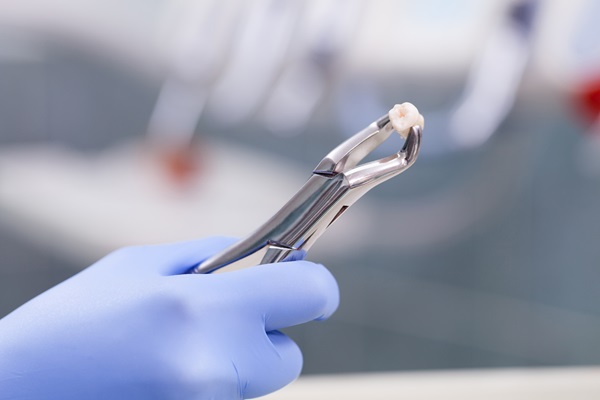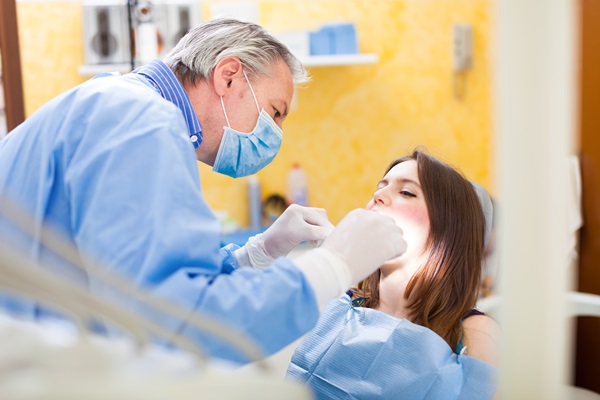What to Expect After Oral Surgery

Wanting to know what to expect after Oral Surgery so you can prepare yourself? Good idea. The better prepared you are, the more likely you will have a successful outcome. Some of the more common reasons for oral surgery are having one or more teeth extracted, one or more dental implants placed in the mouth or corrective jaw surgery. No matter your reason for needing oral surgery, knowing what to expect is going to help you fully recover. Ready to learn more?
After oral surgery
Everyone who needs to have oral surgery will receive specific aftercare instructions from their dental professional, which should always be followed, as the instructions are meant specifically for them and their particular surgical situation. The following list includes information of what anyone can expect to happen after undergoing oral surgery.
Resting
One of the most important things someone needs to make sure they do after having any type of oral surgery performed is to completely rest for at least two days, sometimes three days. It will simply depend on the type of oral surgery they had and their dental professional's recommendation when it comes to how many days they need to rest, and it is an essential part of a completely successful recovery.
Swelling
Some degree of swelling can be expected after undergoing oral surgery. It will depend on the location of the surgery as well as what type of oral surgery is being performed when it comes to how much swelling a patient can expect. The swelling will often reach its peak within three days and will often disappear within 10 days.
Pain
Patients will experience various levels of pain, which is dependent on where the surgery is performed and the type of surgery. This makes it necessary for all patients to discuss their pain options when preparing for oral surgery.
Bleeding
Minor bleeding is common and usually tends to subside within two days. Biting down on gauze is often recommended, as this direct pressure helps to stop the bleeding. Another common recommendation to help stop any bleeding is to place a wet tea bag to the area that is bleeding, as tea contains certain chemicals that help to stop any bleeding.
Fever
A mild fever is fairly common after someone undergoes oral surgery. It is when someone experiences a temperature higher than 101° that there may be a potential problem, as a high fever could be a sign of infection.
Do you feel prepared for oral surgery?
After reading the above information, are you ready for oral surgery? Being prepared to undergo oral surgery is important, just like knowing what to expect after having the surgery. When you know what to expect after your surgery, it is going to be much easier for you to do what is necessary to ensure your successful recovery. If you have any questions for us, please let us know, as we are more than happy to provide you with the answers you need.
Request an appointment here: https://brighton.drjstearns.com or call Platte Valley Oral Surgery at (303) 997-0223 for an appointment in our Brighton office.
Check out what others are saying about our dental services on Yelp: Oral Surgery.
Recent Posts
You might have heard the term “wisdom tooth extraction” often. However, you might not know that every type of extraction does not require surgery. Some kinds only require a simple procedure. Keep reading to find out more about what a wisdom tooth extraction from an oral surgeon involves.In many cases, the wisdom teeth can be…
Corrective jaw surgery (also called orthognathic surgery) is performed by an oral surgeon to correct different forms of skeletal and dental issues, including jaw and teeth misalignment. The aim is to improve oral functions such as breathing, speaking, and eating. Although the surgery may improve the appearance of the patient's teeth significantly, corrective jaw surgery…
If you are experiencing symptoms like jaw pain and stiffness, TMJ disorder might be the problem. This disorder can have a significant impact on your physical and mental health. The condition generally worsens without treatment. A TMJ specialist is a trained and experienced professional who offers treatment for TMJ disorders. Continue reading to find out…
Bone grafting is a minor surgical treatment done under local anesthetic to replace depleted bone tissue. The grafting material may be inserted into a tooth socket just after a tooth is removed or at a location where a tooth has been absent for an extended period. Over the next few months, your body will produce…


